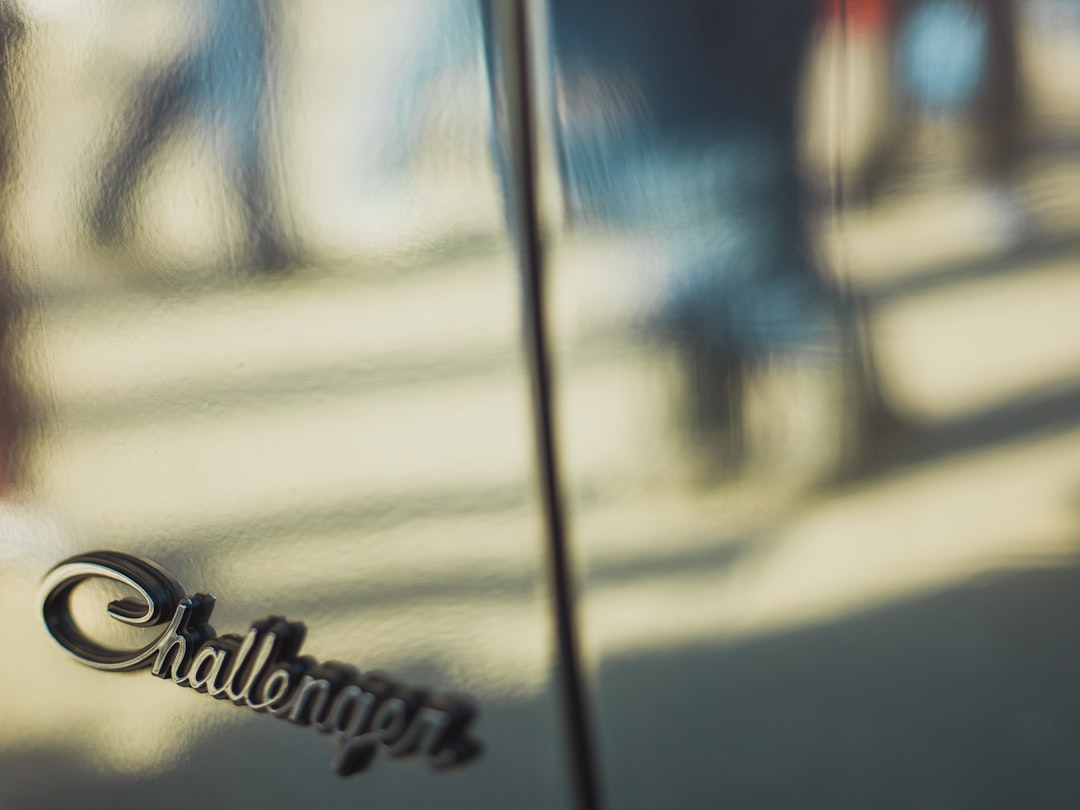Should You Sell Your Dodge Challenger Private Party?
Owning a Dodge Challenger is a dream come true for many car enthusiasts. This American muscle car is known for its powerful performance, stylish design, and exhilarating driving experience. But as the time comes to part ways with your beloved Dodge Challenger, the question arises - should you sell it privately or trade it in at a dealership? In this article, we will provide a comprehensive analysis of the key factors that impact the decision to sell your Dodge Challenger privately.
Getting the Best Value for Your Dodge Challenger
When it comes to selling any used car, including a Dodge Challenger, one of the key considerations is getting the best value for your vehicle. Selling your car privately allows you to have more control over the selling price. You can set the price based on the current market value, the condition of your Challenger, and any additional features or modifications you have made.
By selling privately, you can eliminate the middleman and potentially avoid the depreciation hit that comes with trading in a car. This means that you can potentially get more money for your Dodge Challenger compared to what a dealership might offer. However, it is important to note that selling a car privately requires more time, effort, and expertise.
The Private Party Selling Process
When selling your Dodge Challenger privately, you will need to go through several steps to ensure a successful transaction. Here is a brief overview of the process:
- Preparing Your Dodge Challenger: Before listing your car for sale, it's important to thoroughly clean and detail it. This will help you make a positive impression on potential buyers.
- Pricing Your Dodge Challenger: Research the market value of similar Dodge Challengers in your area to determine a competitive price. Consider factors such as mileage, condition, and any additional features or modifications.
- Marketing Your Dodge Challenger: Create a compelling advertisement that highlights the unique features, performance, and history of your Dodge Challenger. Utilize online platforms, such as classified ads or car selling websites, to reach a wider audience. Include high-quality photos to showcase the car's appearance and condition.
- Negotiating and Finalizing the Sale: Be prepared to negotiate with potential buyers. Once an agreement is reached, ensure all necessary paperwork is completed, including a bill of sale, transfer of ownership, and any other relevant documents required by your local jurisdiction.
Considerations and Risks
While selling your Dodge Challenger privately offers the potential for a higher sale price, there are also considerations and risks to keep in mind:
Time and Effort: Selling a car privately requires time and effort. You will need to dedicate time to create compelling advertisements, respond to inquiries, and arrange for test drives. Additionally, you should be prepared to handle negotiations and potential back-and-forth with potential buyers.
Safety: When selling your car privately, you will need to ensure your personal safety. Consider meeting potential buyers in public places and avoid sharing personal or financial information.
Liability: As the seller, you may still be held liable for the car's condition even after the sale. To protect yourself, it is advisable to provide potential buyers with accurate information about the car's history, maintenance records, and any known issues.
Alternatives to Selling Private Party
If the process of selling your Dodge Challenger privately seems overwhelming, there are alternative options available:
Trading In: Dealerships offer the convenience of trading in your car, allowing you to apply the value of your Dodge Challenger towards the purchase of a new vehicle. While you may not get as much money compared to selling privately, the process is typically simpler and more convenient.
Consignment: Some dealerships or specialized car-selling services offer consignment options. This involves leaving your Dodge Challenger with a dealership or service provider who will sell the car on your behalf. They will handle the marketing, negotiations, and paperwork, charging a fee or commission for their services.
Conclusion
In conclusion, the decision to sell your Dodge Challenger privately or trade it in at a dealership depends on your preferences, priorities, and the amount of time and effort you are willing to invest. Selling privately offers the potential for a higher sale price, but it also requires a significant commitment of time and energy. Alternatively, trading in or consigning your car may provide a simpler and more convenient option.
Before making a decision, carefully consider the factors discussed in this article and evaluate the best option based on your individual circumstances. Selling a car, especially a high-performance sports car like the Dodge Challenger, is a significant transaction, so it's important to approach it with careful consideration and make an informed choice.
